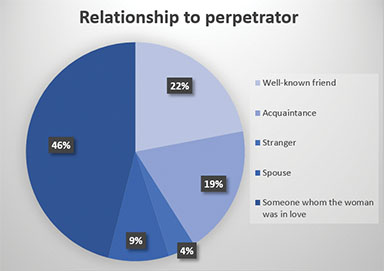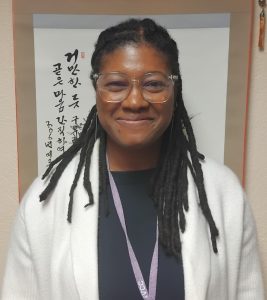Rape is an issue: watch your surroundings

Labeled for reuse by the Creative Commons
August 31, 2017
Even though statistics show the amount of rapes that happened each year has decreased, the statistic is still higher than it ever should be.
One organization that helps and informs survivors is RAINN (Rape, Abuse, and Incest National Network). Even after a decrease in sexual assaults, every 98 seconds another human falls victim of sexual assault. That amount of people adds up quickly and is disturbing. One in every six women you know is a victim of an attempted or completed rape and one out of every 33 men you know is a victim.
Even children have been and are being assaulted. Children are forced to suffer this unimaginable pain that lasts forever. 63,000 children go through this kind of assault every year. These children have to live the rest of their lives with these memories. To make it worse, children’s brains are developing and learning how to manage memory. This is more so the truth the younger the child.
It is also harder for a child to fight back in a court rape case if the child is incapable or too young to have his or her own voice.
According to RAINN, statistics show that 57% of perpetrators are white, 27% are black, 8% are unknown, 6% are other and 1% are mixed. They also show that 50% of perpetrators are over age 30, 25% are ages 21-29, 9% are ages 18-20, and 15% are under 17.
Huffington Post claims everyone is part of the rape culture until it is ended. This doesn’t mean you are a rapist or a survivor.
This means it is our responsibility to end this. People should not have to endure an assault let alone a sexual assault.
As found in the book “Beating Combat Stress” by John Hendon, there are three different stages to coping with and surviving an assault.
The first is the victim stage. This stage involves a lot of healing and acknowledgement of what had happened. The victim also has to learn not to blame herself or himself and not to let others blame him or her as well.
The second stage is the survivor stage. This stage feels relieving and changes the person. This stage shows the survivor that the event is in the past and that he or she has lived through it and survived it. It helps the person gain positivity, knowledge, and courage. This is when the person gains back the ability to function as a human being and become more independent and strong.
The third and final stage is the thriver stage. This stage allows the person to have more freedom and enjoyment away from the past. It amplifies living in the present and future. The person has more of an opportunity for expression and dreams. The best part about this stage is its ability for growth and ability to allow growth in personality and sense of purpose.
From an anonymous confession of a survivor of a sexual assault: “The assault was scary. It immediately made me feel like less of a woman. I didn’t feel like I was that attractive or wanted after he took advantage of me. I felt like I was dying in the middle of it. My body all of the sudden felt light and I couldn’t move. I felt useless and unprotected. I could feel myself bleeding and I couldn’t see what was going on because I forced myself not to look. I was scared of what my family would think and still am afraid. I hope nobody has to live through that again. I am currently in the survivor stage, getting over the victim stage and I already feel a bit stronger and united with myself. Always protect yourself and be aware of the dangers of not having self-awareness. This has and could happen again locally. I never thought this would have happened to me at all let alone so close to where I was raised.”
My advice is to always be with someone when out late at night and surround yourself with people you trust. In a lot of sexual assault instances, the victim knew the perpetrator before the assault. Wear clothes that are difficult to remove and if legal and possible carry pepper spray and/or a pocket knife.



